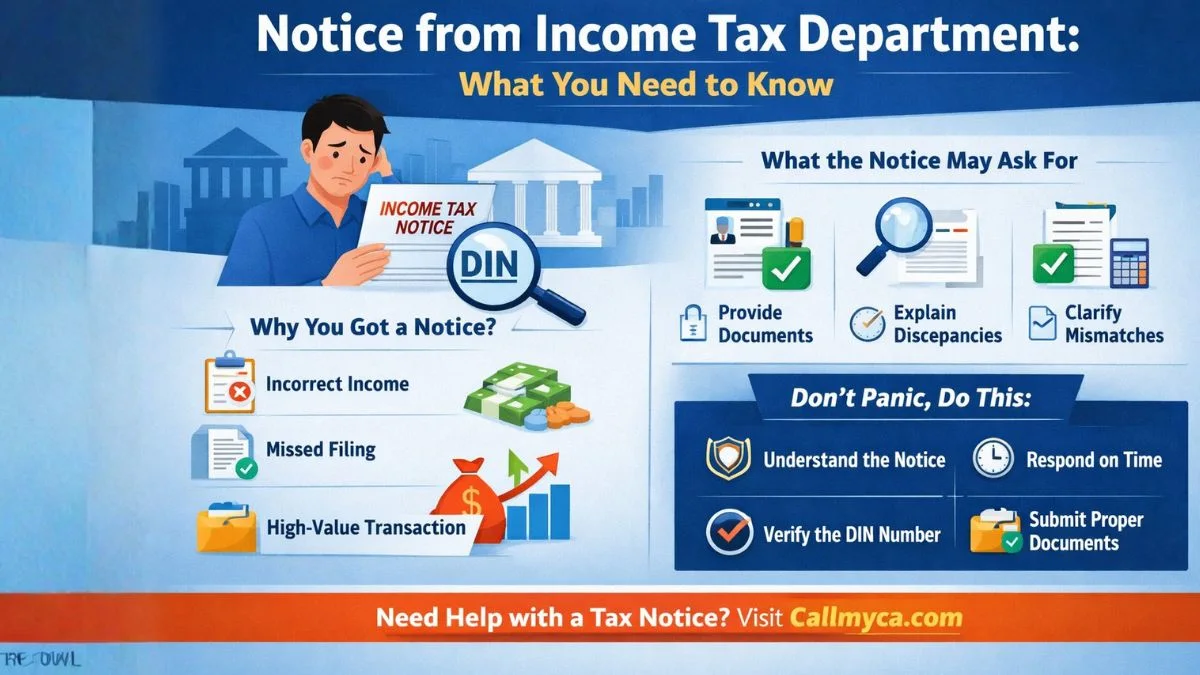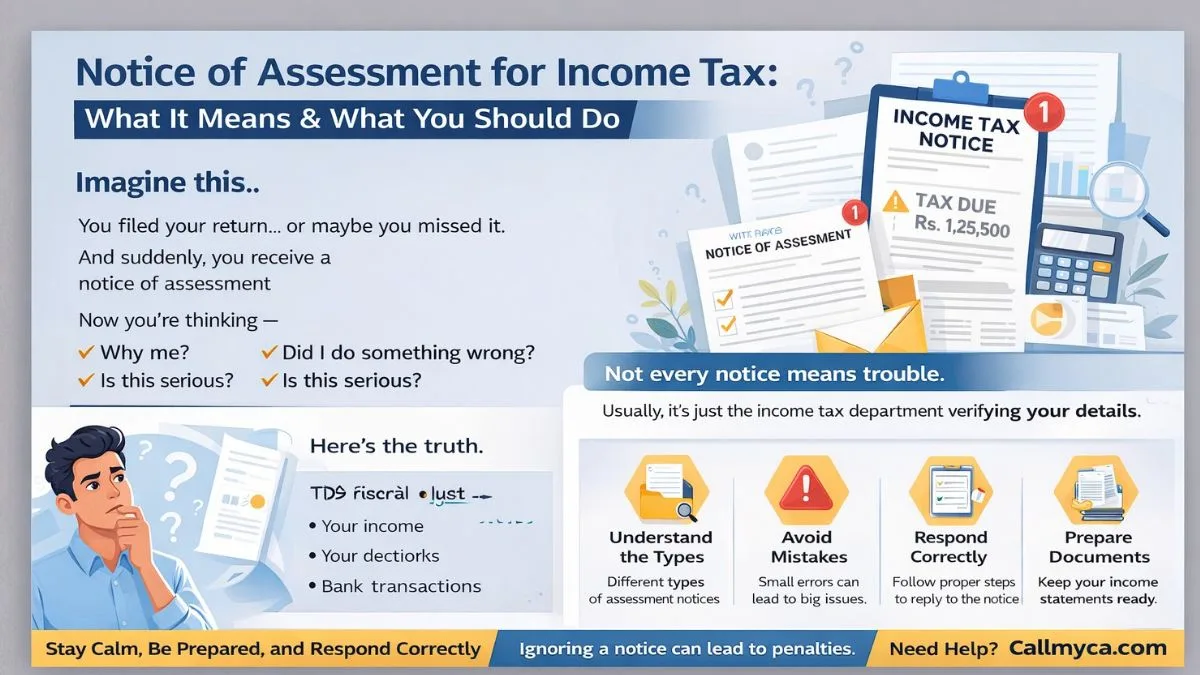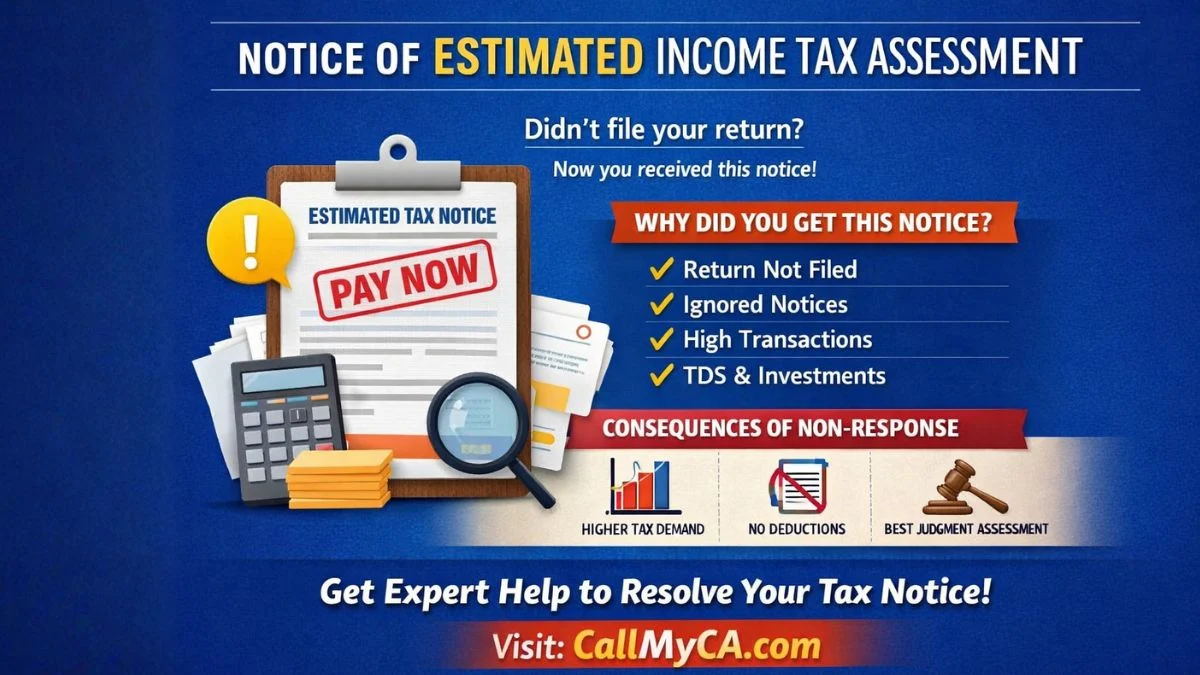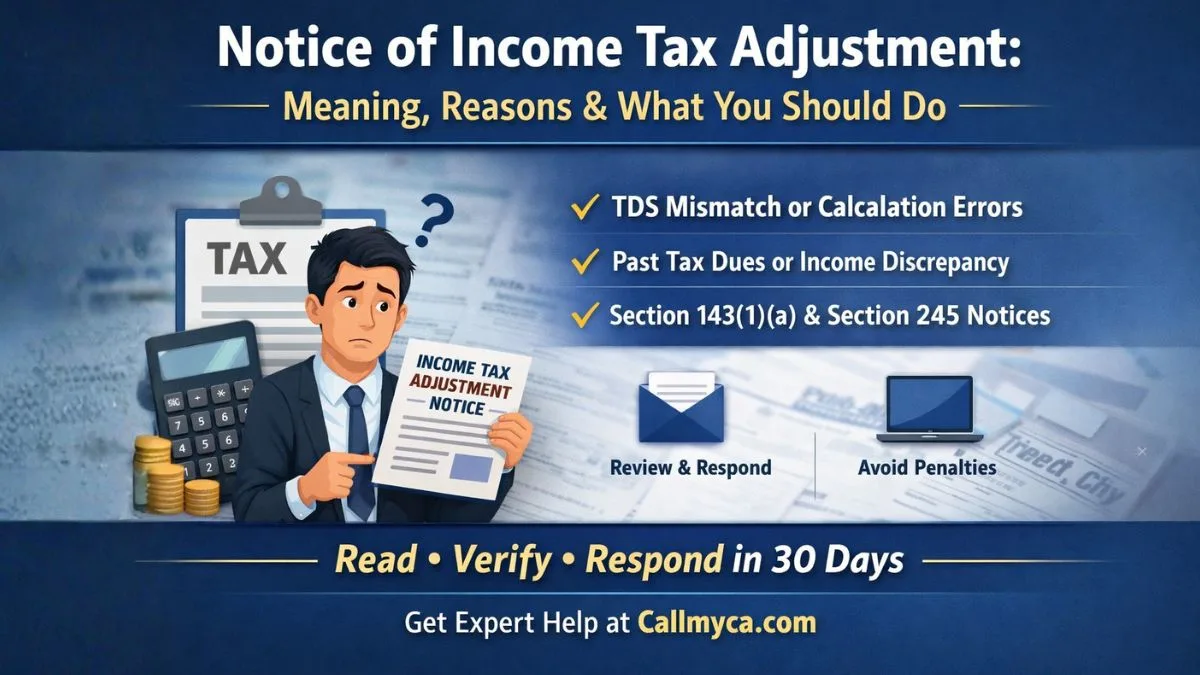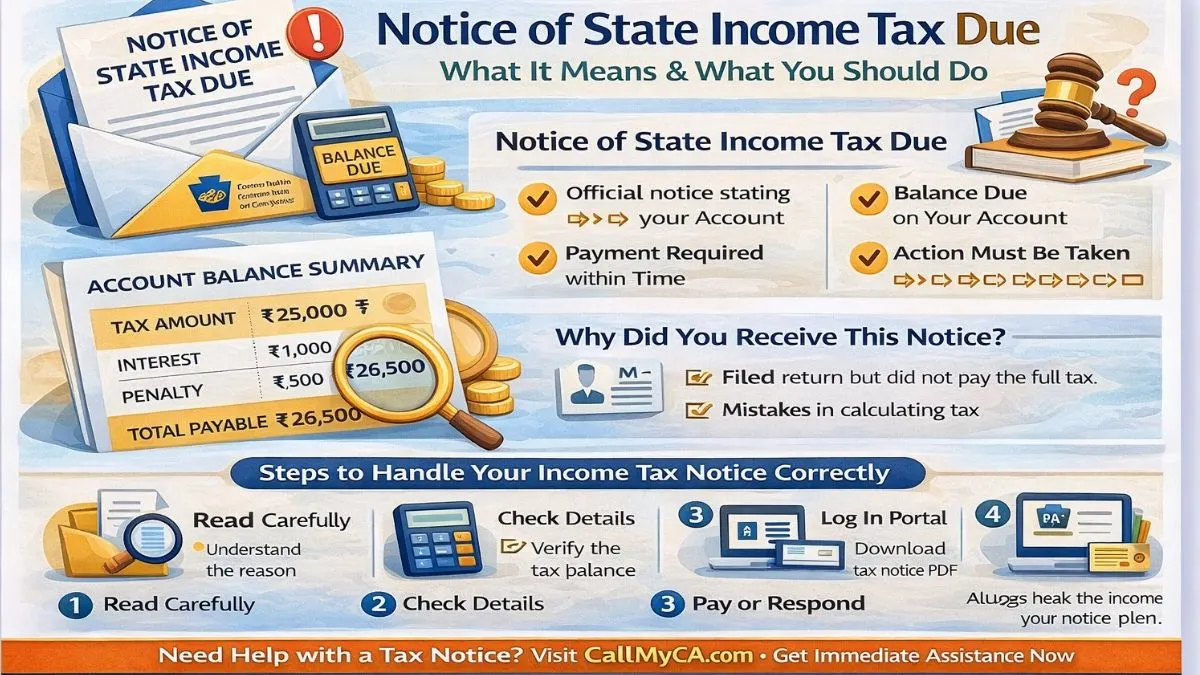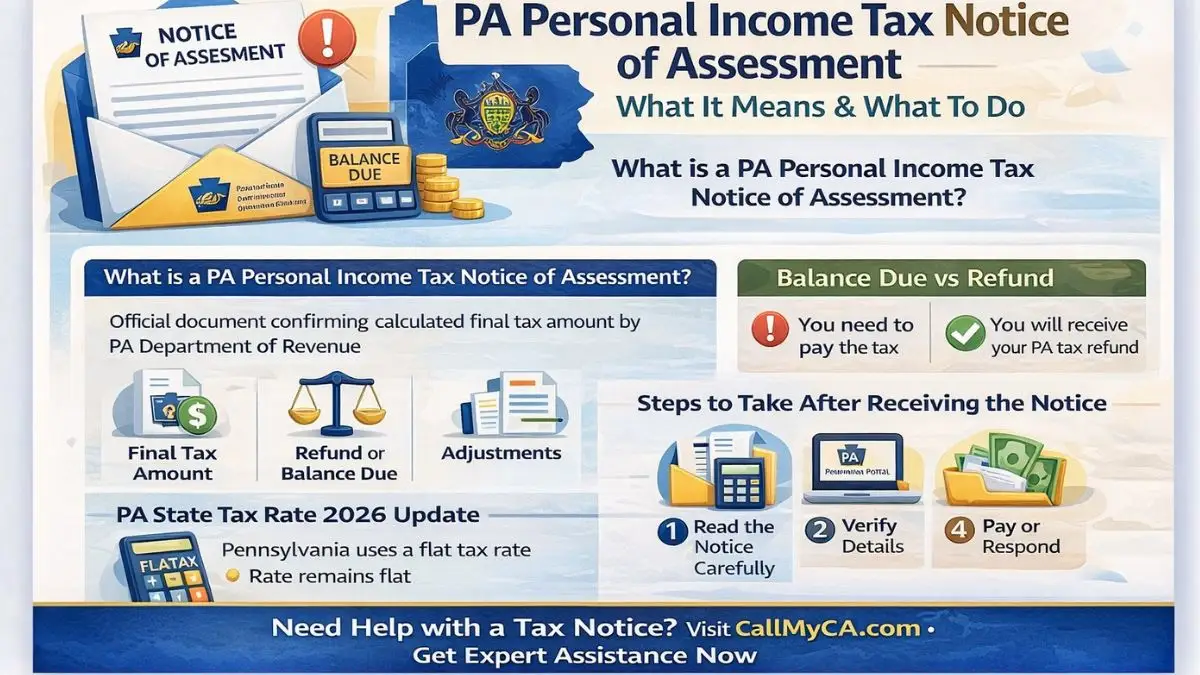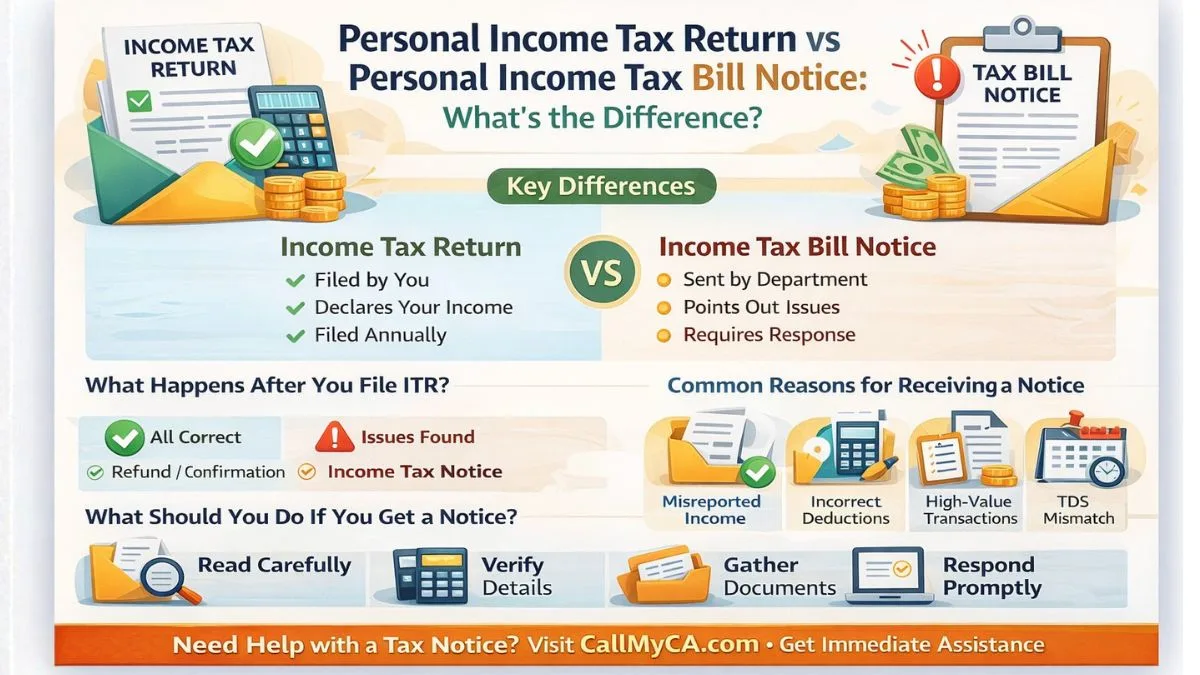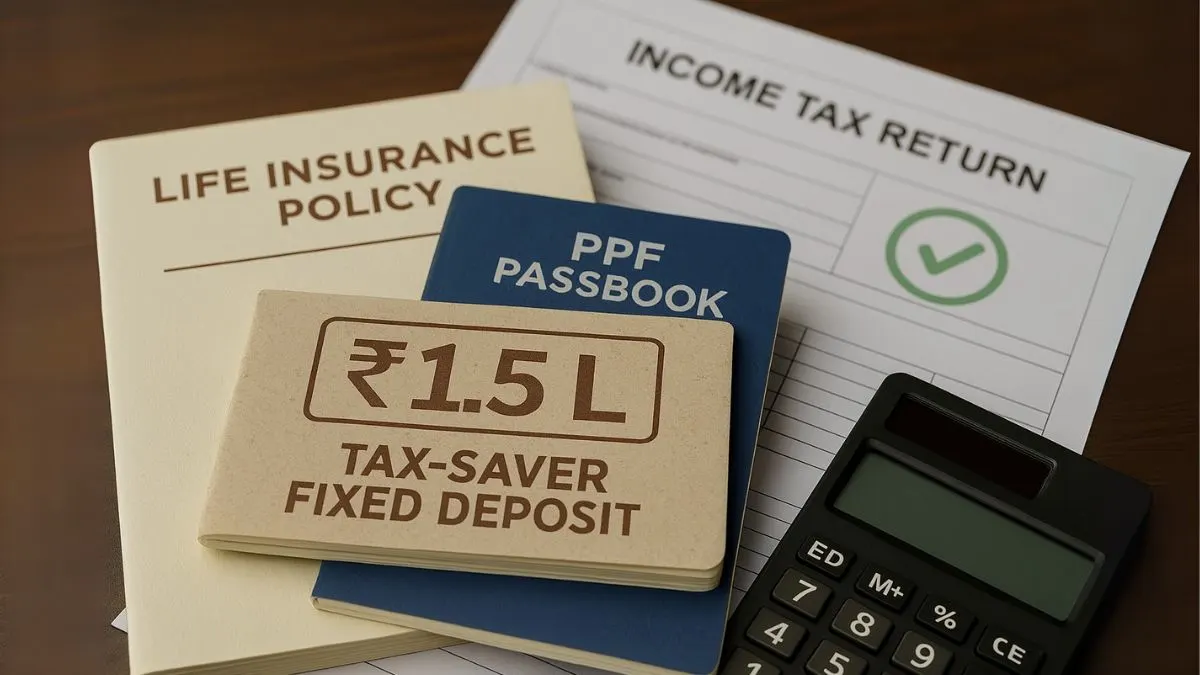
If you're looking to save tax legally in India, there’s one section that almost every salaried individual, entrepreneur, and taxpayer swears by—Section 80C of the Income Tax Act, 1961. Whether you're paying school fees, investing in ELSS, or repaying a home loan, this section can help reduce your tax burden significantly.
Let’s understand what makes Section 80C such a popular & powerful tax-saving tool.
What is Section 80C?
Section 80C provides deductions on various investments up to ₹1.5 lakh per year from your taxable income. This means, whatever you invest or spend under eligible options—up to ₹1.5 lakh—gets reduced from your gross total income, which in turn reduces your tax liability.
So if your total income is ₹10,00,000 and you invest ₹1,50,000 under 80C, you will be taxed only on ₹8,50,000.
Essentially, it provides exemptions on specific expenditures & investments from income tax, making it the first choice for tax planners."
Who Can Claim 80C Deductions?
- Individual taxpayers
- Hindu Undivided Families (HUFs)
📌 Companies, firms, and LLPs cannot claim deduction under Section 80C.
Common Deductions Allowed Under Section 80C
Here are the most popular options that qualify for 80C deduction:
- Life Insurance Premiums
Premiums paid for life insurance policies for self, spouse, or children are eligible for deduction. Policies can be from LIC or any other IRDA-approved insurer.
- Public Provident Fund (PPF)
PPF is a long-term savings scheme backed by the government with attractive tax-free interest. Contributions up to ₹1.5 lakh are deductible.
- Employee Provident Fund (EPF)
Salaried individuals’ contributions towards EPF are also deductible under 80C.
- Equity Linked Saving Scheme (ELSS)
A mutual fund scheme that offers market-linked returns with a 3-year lock-in period. It’s one of the best tax-saving options under 80C."
Also Read: The Secret Tax Rebate That Can Cut Your Tax to Zero!
- 5-Year Fixed Deposit (FD)
Tax-saving fixed deposits with scheduled banks are eligible, provided they have a lock-in period of 5 years.
- Tuition Fees
Payments made towards tuition fees for up to two children can be claimed under Section 80C.
- Principal Repayment on Home Loan
Yes, you get a tax deduction on principal repayment, up to ₹1,50,000, under Section 80C, when you pay EMIs on a housing loan.
- Sukanya Samriddhi Yojana
Deposits made towards this scheme for a girl child’s future are eligible under 80C.
- National Savings Certificate (NSC)
A small savings scheme from India Post with fixed returns & 5-year lock-in.
- Infrastructure Bonds
Section 80C allows tax exemptions on infrastructure bonds, subject to overall limit.
Maximum Limit Under Section 80C
- The maximum deduction allowed under Section 80C is ₹1.5 lakh per financial year
- This limit includes all eligible options combined—not per option
So you can split your investments across multiple instruments, but your total claim cannot exceed ₹1.5 lakh.
How to Claim Deduction Under Section 80C?
- While filing your Income Tax Return (ITR), you’ll see a section to declare investments under “Chapter VI-A – Deductions”
- Enter the correct amount under the 80C field
- Submit corresponding proofs if asked, especially when TDS is deducted by your employer
Also Read: Understanding Pension Fund Deductions
Smart Tips to Maximize 80C Benefit
- Use ELSS if you want tax saving wealth creation
- Combine PPF (safe) with ELSS (growth) for balanced returns
- Don’t forget to include EPF (auto deducted) in your 80C planning
- Pay next year's school fees in advance before 31st March
- Invest in Sukanya Samriddhi if you have a daughter under 10 years
Final Thoughts
Section 80C is one of the most effective & widely used tools for tax planning in India. It not only reduces your tax burden but also encourages long-term savings and financial discipline. From life insurance premiums to infrastructure bonds, from ELSS mutual funds to home loan principal repayment—Section 80C offers a wide spectrum of options that fit different financial goals.
So before March 31st arrives, review your investments and make the most of this tax-saving opportunity.
Want to save the full ₹1.5 lakh under Section 80C but not sure how? Let our experts at Callmyca.com help you plan your taxes & file your return smartly—no stress, just savings!

